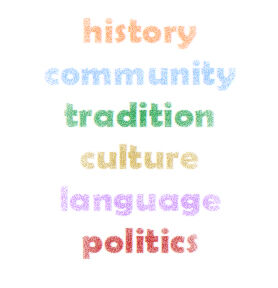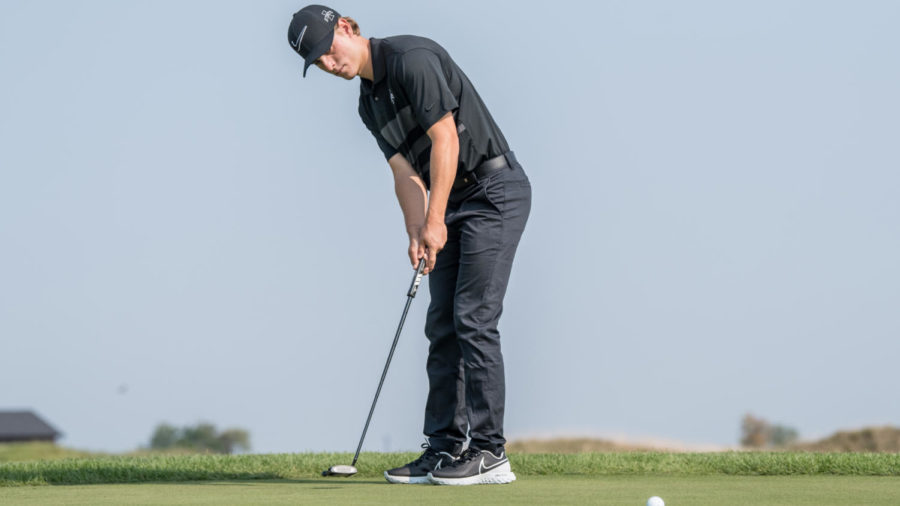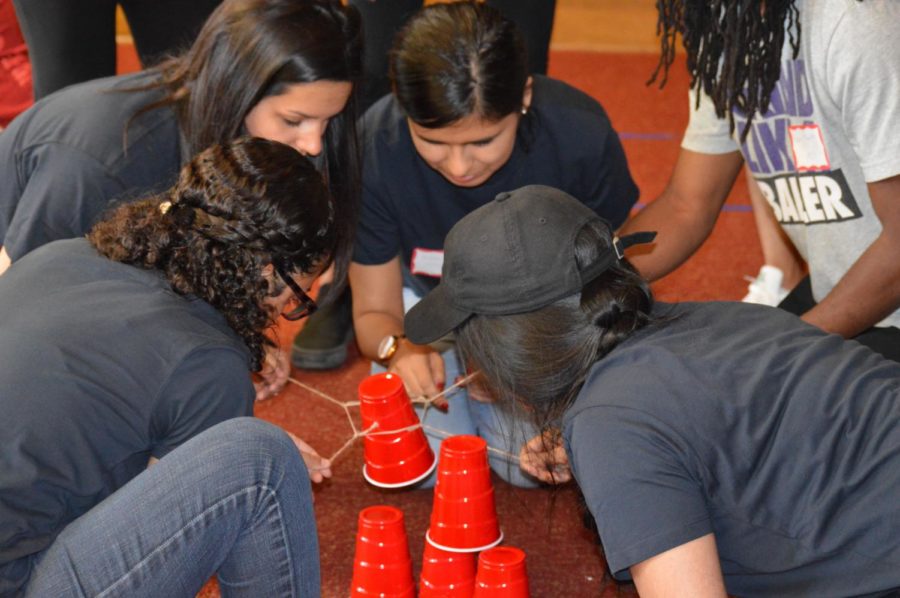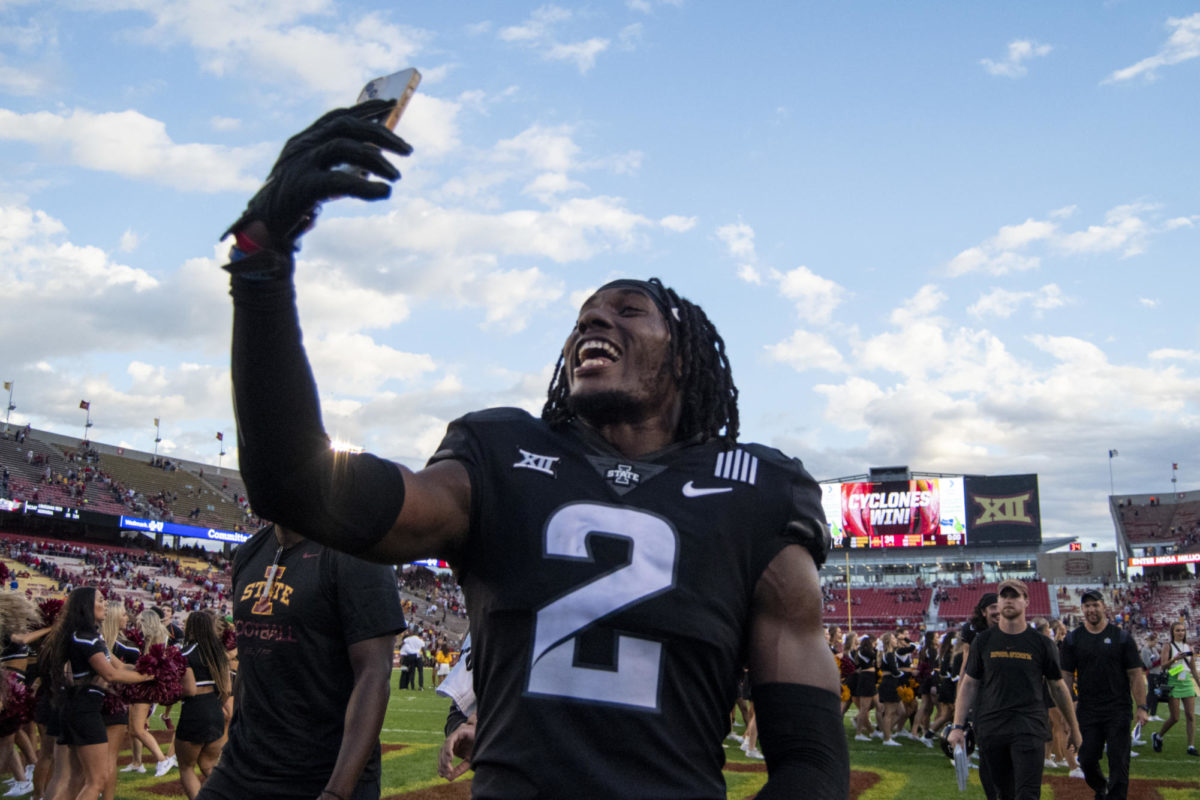From Columbus Day to Indigenous Peoples’ Day

According to Braun, it is important to remember and honor indigenous communities every day.
October 11, 2021
The second Monday of October has been proclaimed as Indigenous Peoples’ Day by President Joe Biden. Biden is the first U.S. president to recognize the day.
Since 1977, many individuals have reclaimed this day, formally known as Columbus Day. Indigenous people’s day remembers and celebrates survival instead of colonization.
“For generations, federal policies systematically sought to assimilate and displace Native people and eradicate Native cultures,” President Biden wrote in the proclamation. “Today, we recognize Indigenous peoples’ resilience and strength as well as the immeasurable positive impact that they have made on every aspect of American society.”
Native Indigenous communities centered this day to celebrate, teach and reflect culture and history that has been left out of the United States education system.
Sebastian Braun, the director of American Indian studies at Iowa State and world languages and cultures assistant professor, stresses the importance of relearning accurate history by taking a course in American Indian studies.
Braun said to show support for Indigenous communities not just on a single day, but every day. According to Braun, people must acknowledge the harm Indigenous communities went through and the destruction of their homeland and people that colonization brought.
Blair Flammond, vice president of the United Native American Student Association (UNASA) and a senior majoring in nutritional science, asked people to consume a more proper education on Indigenous studies, Christopher Columbus and the harm and colonization he brought to native lands.
“There are plenty of classes offered through the American Indian programs to educate yourself.” Flammond said. “You can also come to some of the Native rallies and protests and stand with Native Americans.”
According to Sydney Schuller sophomore majoring in biology and treasurer of UNASA, news coverage of missing women of color is almost unheard of.
Schuller stresses the importance of joint power and making these issues known to people.
“I think there is a gross cultural bias when it comes to law enforcement. If enough people bring awareness to it by protesting or educating, this can be resolved,” Schuller said.
This issue has sparked national attention and debate after Gabby Petito’s case received high police enforcement activity in Wyoming and national media attention in comparison to the hundreds of missing Indigenous people who have not received the same national attention.
“Nearly half of all Native American women have experienced rape, physical violence or stalking by an intimate partner,” the Department of Justice said. “On some reservations, Native American women are murdered at a rate more than ten times the national average.”
While issues in the way Indigenous communities are represented and advocated for are very relevant in light of recent events, such as the Petito case, with the holiday season approaching, Braun encourages individuals to show support not just one single day, but every day and to honor Indigenous communities.
Braun said the history of Thanksgiving is filled with misunderstandings between Indigenous and settler cultures. Thanksgiving is filled with deep-rooted pain and colonization.
Also for some, Thanksgiving has become the start of holiday shopping.
“In a Native American’s perspective, Thanksgiving is a national day of mourning,” WBUR News said. “Thanksgiving Day is a reminder of the slaughter of millions of Indigenous people and the theft of their lands by outsiders.”
According to the American Psychiatric Association, non-Indigenous communities can be blind to systemic and individual racism. The association said intergenerational trauma can be passed down to generations due to the effects of colonization that Indigenous people experience.
Instead, the American Psychiatric Association encourages people to make a change and become aware that Indigenous communities are healing and need support. According to them, individuals should approach allyship and use their voices and privilege to amplify Indigenous voices every day.
















